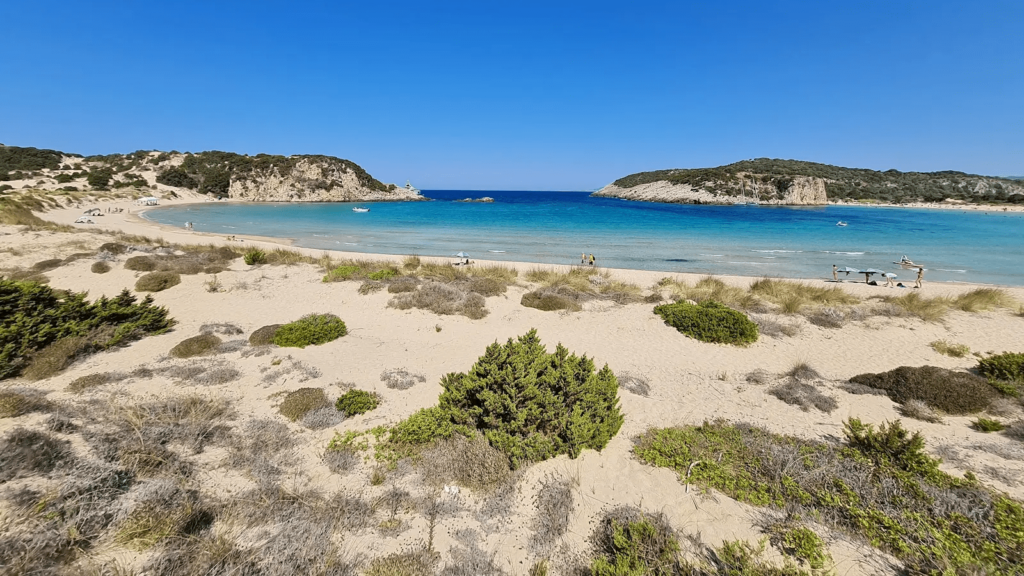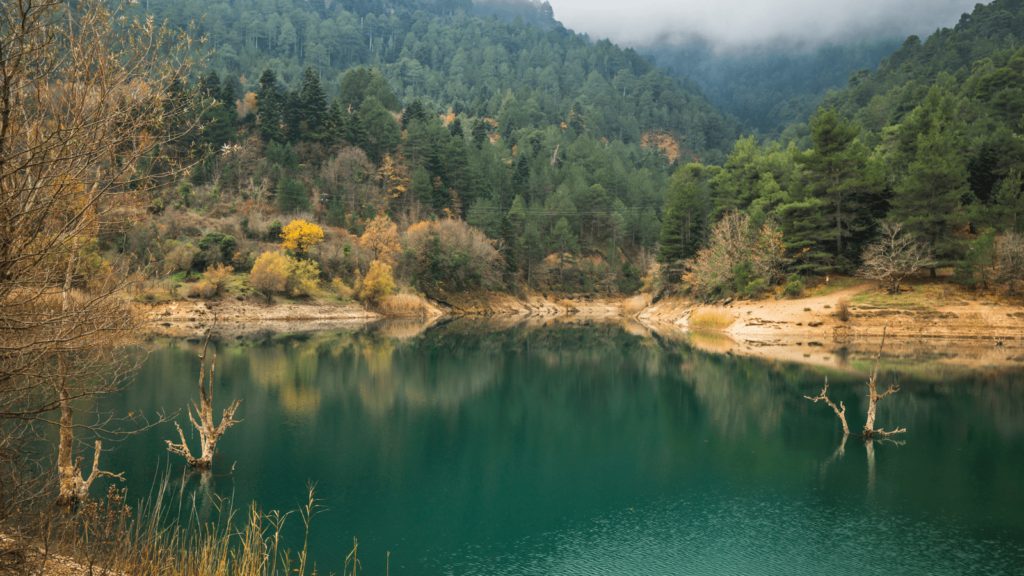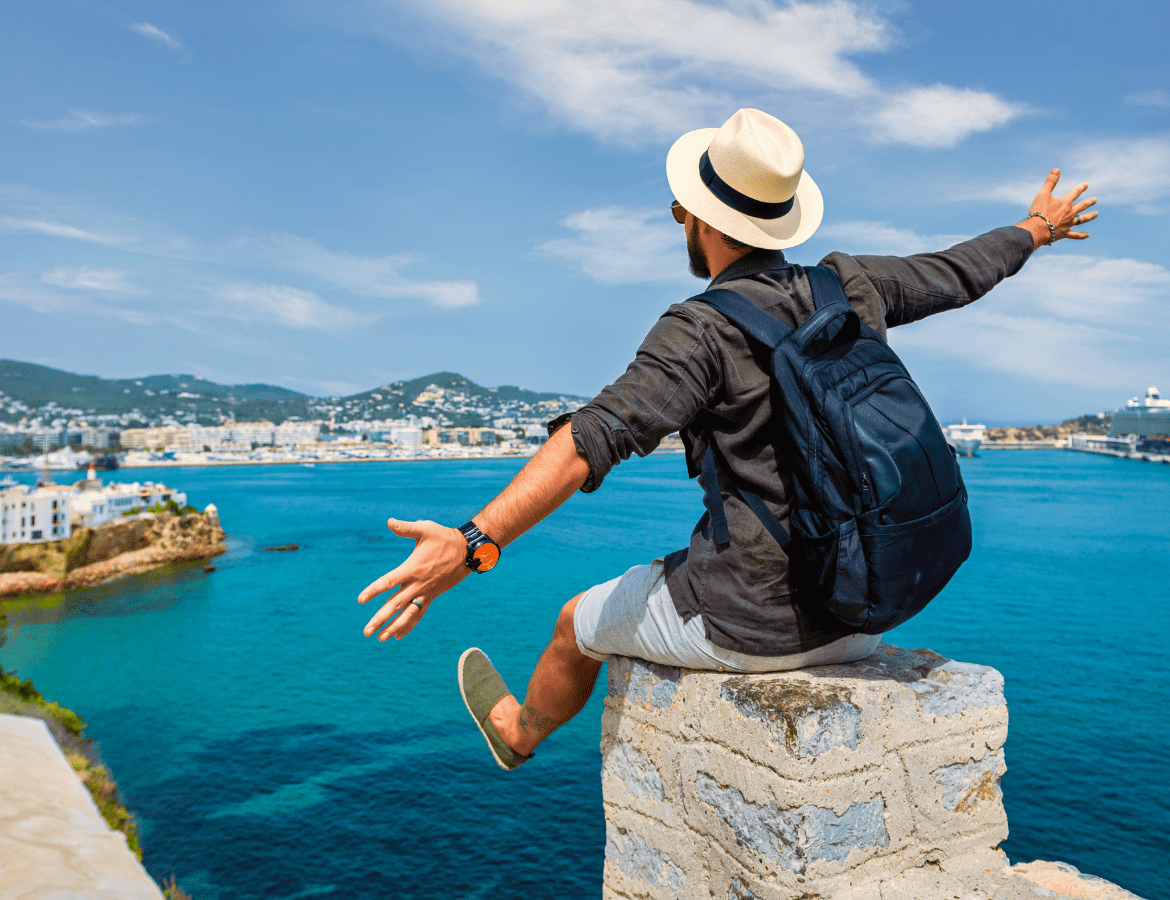Peloponnese Travel Tips: Your Ultimate Guide to an Unforgettable Greek Adventure
Planning Your Peloponnese Getaway?
Fantastic choice! The Peloponnese is a history, culture, and natural beauty treasure trove. To ensure your trip is as smooth as a glass of ouzo, here are some insider tips to help you make the most of your adventure.
Getting Around
The Peloponnese is vast and brimming with hidden gems. Renting a car is your best bet to explore at your own pace. The roads are generally in good condition, and driving here is a breeze compared to the hustle and bustle of Athens. Plus, you’ll have the freedom to discover those off-the-beaten-path villages and secluded beaches.
Best Time to Visit

• Spring (March-May): Wildflowers blanket the hills, and the weather is pleasantly mild. Perfect for hiking and sightseeing without the crowds.

• Summer (June-August): Beach lovers, rejoice! The sun is shining, the sea is warm, and festivals are in full swing. Just be prepared for higher temperatures and more tourists.

• Fall (September-November): The olive harvest season brings a unique charm. The weather is still warm, and the summer crowds have dwindled.

• Winter (December-February): A quieter time to explore ancient sites and cozy up in mountain villages. Some coastal areas may be less lively, but the tranquility is unmatched.
Packing Essentials
• Sunscreen: The Greek sun is no joke, even in spring and fall.
• Comfortable Walking Shoes: Cobblestone streets and archaeological sites require sturdy footwear.
• Swimwear: With countless beaches and hidden coves, you’ll want to take a dip whenever possible.
• Light Jacket: Evenings can get cool, especially in mountainous regions.
Booking Your Stay
To avoid the last-minute scramble, it’s wise to book your accommodations in advance. Whether you’re dreaming of a beachfront villa, a cozy mountain retreat, or a chic city apartment, we’ve got you covered. Browse our curated selection of rentals and find your perfect home away from home.
Cultural Etiquette
• Greetings: A friendly “Kalimera” (Good morning) or “Kalispera” (Good evening) goes a long way.
• Dining: Meals are a leisurely affair. Don’t rush; savor the flavors and the company.
• Dress Code: While beachwear is fine for the coast, modest attire is appreciated when visiting churches and monasteries.
Language Tips
While many Greeks speak English, especially in tourist areas, learning a few basic phrases can enhance your experience:
• Hello: “Yassou”
• Thank you: “Efharisto”
• Please: “Parakalo”
• Yes/No: “Nai”/“Ohi”
Ready, Set, Escape!
With these tips in your back pocket, you’re all set for an unforgettable journey through the Peloponnese. Embrace the adventure, immerse yourself in the culture, and let the magic of Greece captivate your heart.



